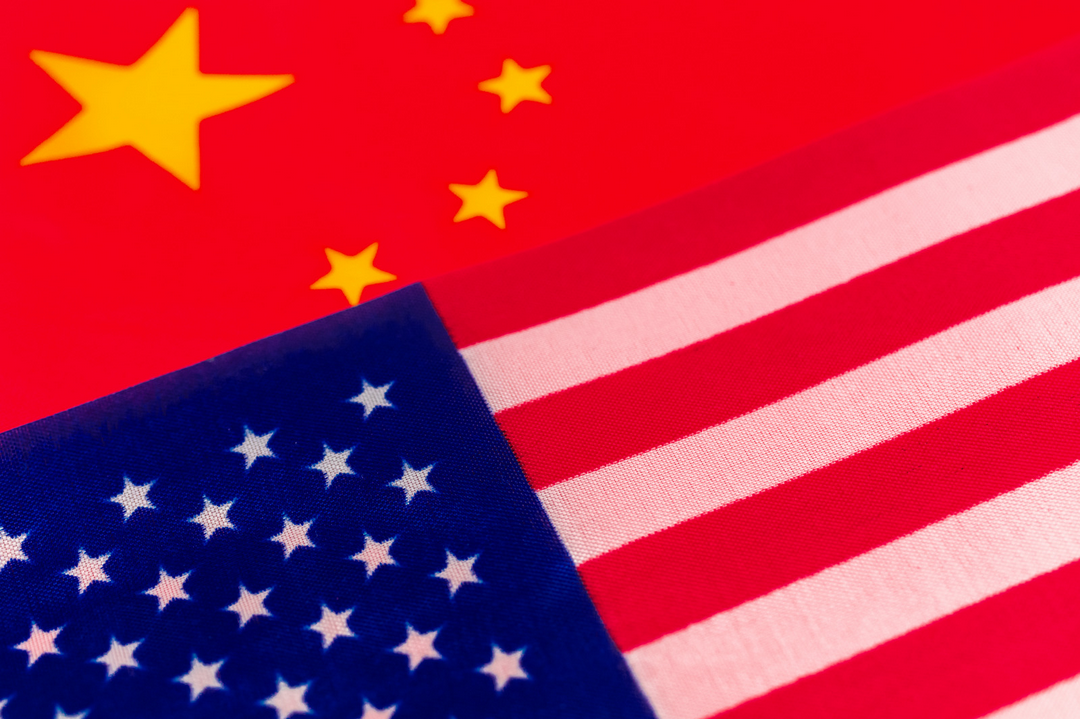In a sign of a slight thaw in relations, senior officials from the United States and China engaged in talks in Beijing to discuss maritime issues in the disputed South China and East China seas.
The meeting, ahead of the scheduled encounter between Chinese leader Xi Jinping and US President Joe Biden, involved Mark Lambert, the US State Department’s China coordinator, and Hong Liang, China’s director general for boundary and ocean affairs.
The discussions were described as “substantive, constructive and candid” in a statement from the US State Department. While diplomatic phrasing often implies heated talks with limited progress, the fact that the two sides engaged in dialogue is noteworthy amid strained relations.

The talks covered maritime security, the economy, and the environment. The US emphasized the need to resume military-military channels to prevent miscommunication and miscalculation.
China expressed “serious concerns” over increasing US military presence in the region and close reconnaissance missions, urging the US to respect China’s territorial sovereignty and maritime rights. Washington raised objections to Beijing’s “dangerous and unlawful actions” in the South China Sea, citing interference with a Philippine resupply mission and an unsafe interception of a US aircraft.
Analysts view these discussions as a positive development, given the breakdown in relations over the past year. The South China Sea is a contentious area with conflicting claims by multiple nations. China has built artificial islands in the region, escalating tensions.
In the East China Sea, disputes between China and Japan over exclusive economic zone rights contribute to regional complexities. The talks, which were part of ongoing efforts to manage the US-China relationship, underscore the importance of maintaining open channels of communication to avoid potential escalation and enhance stability in the region.





